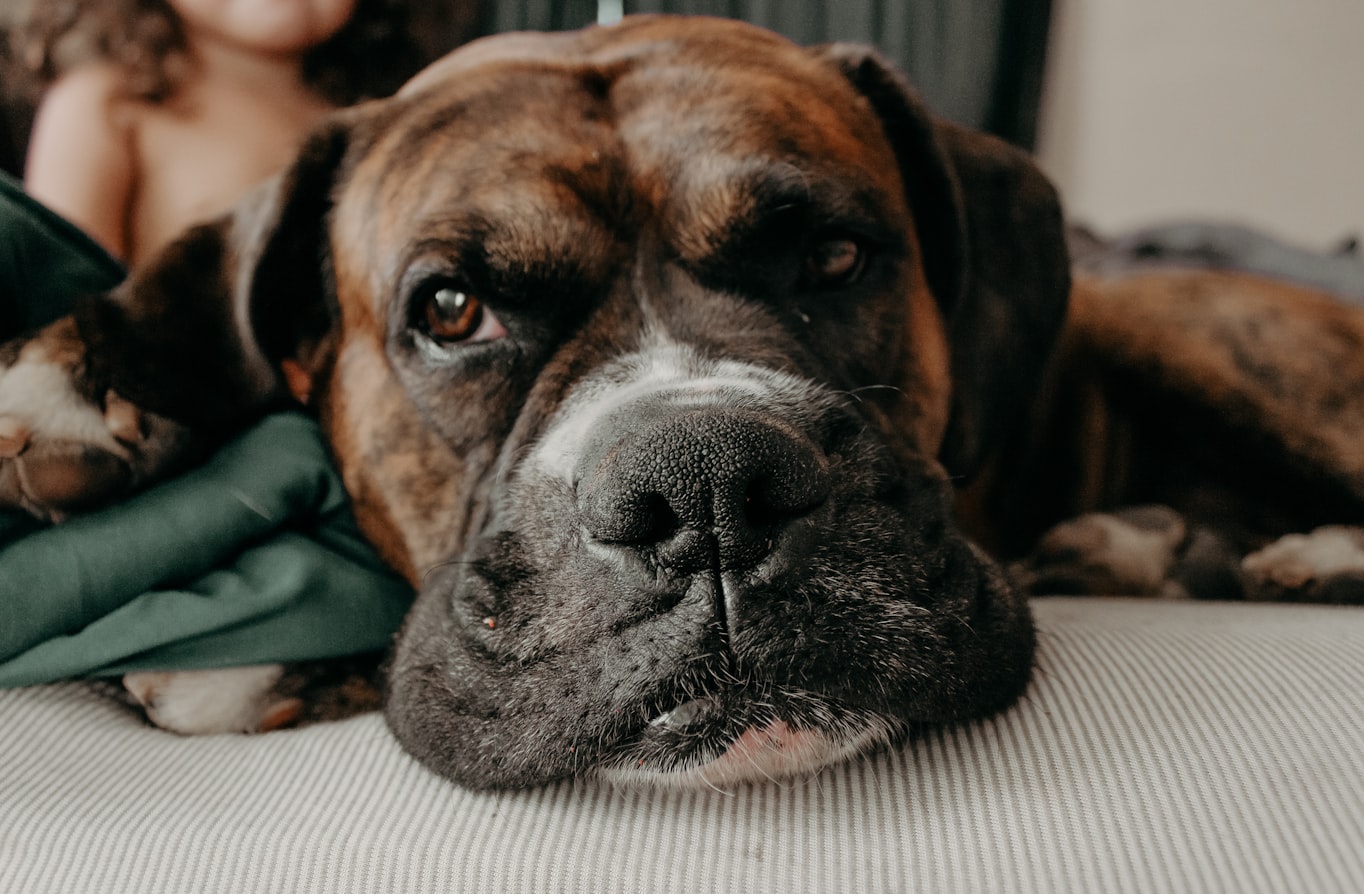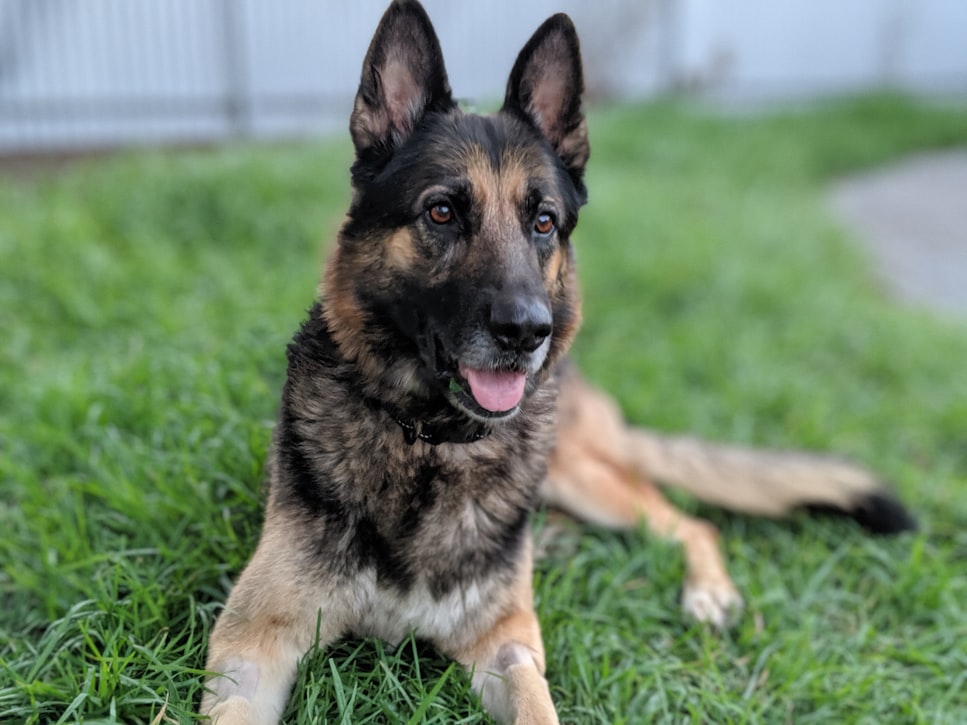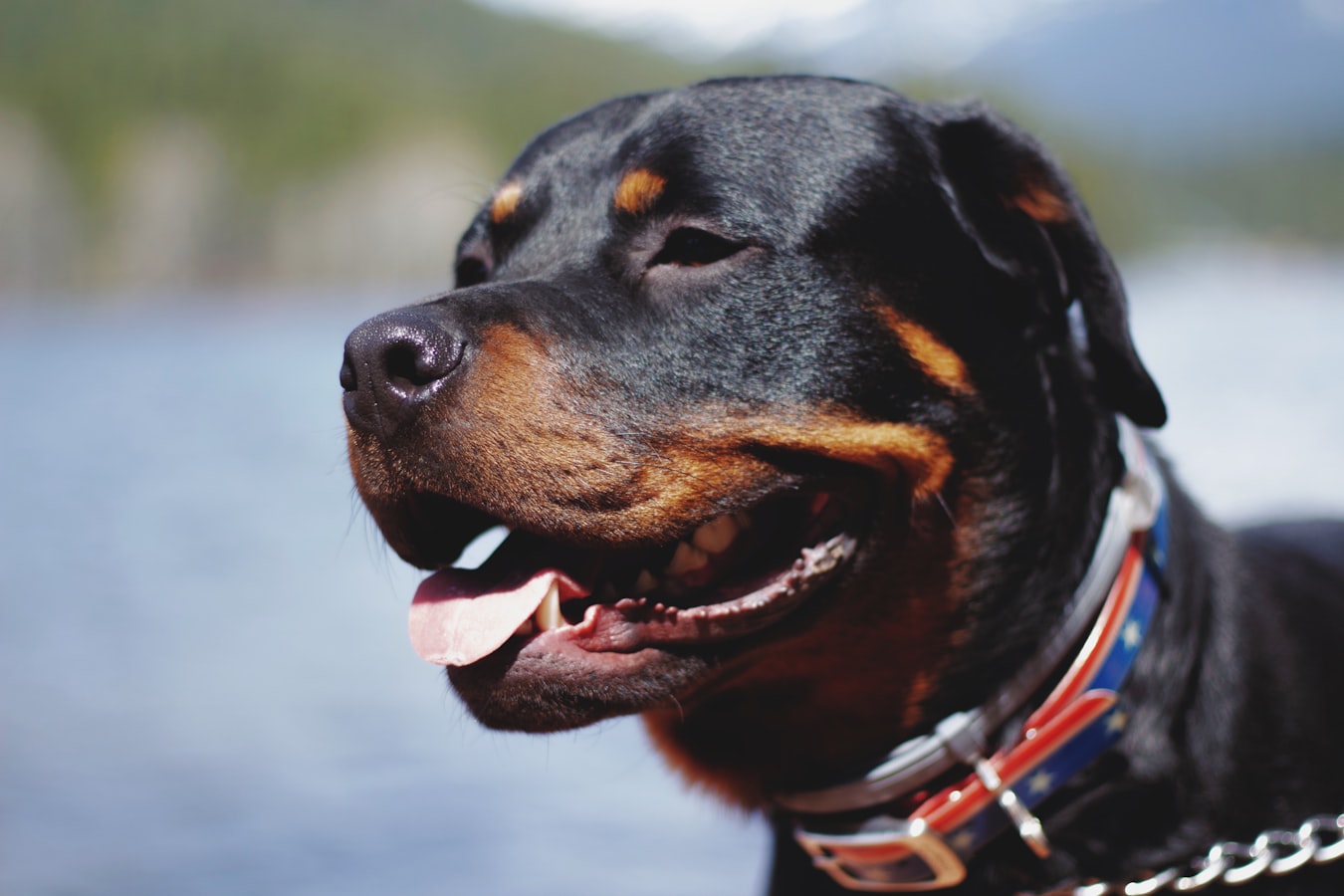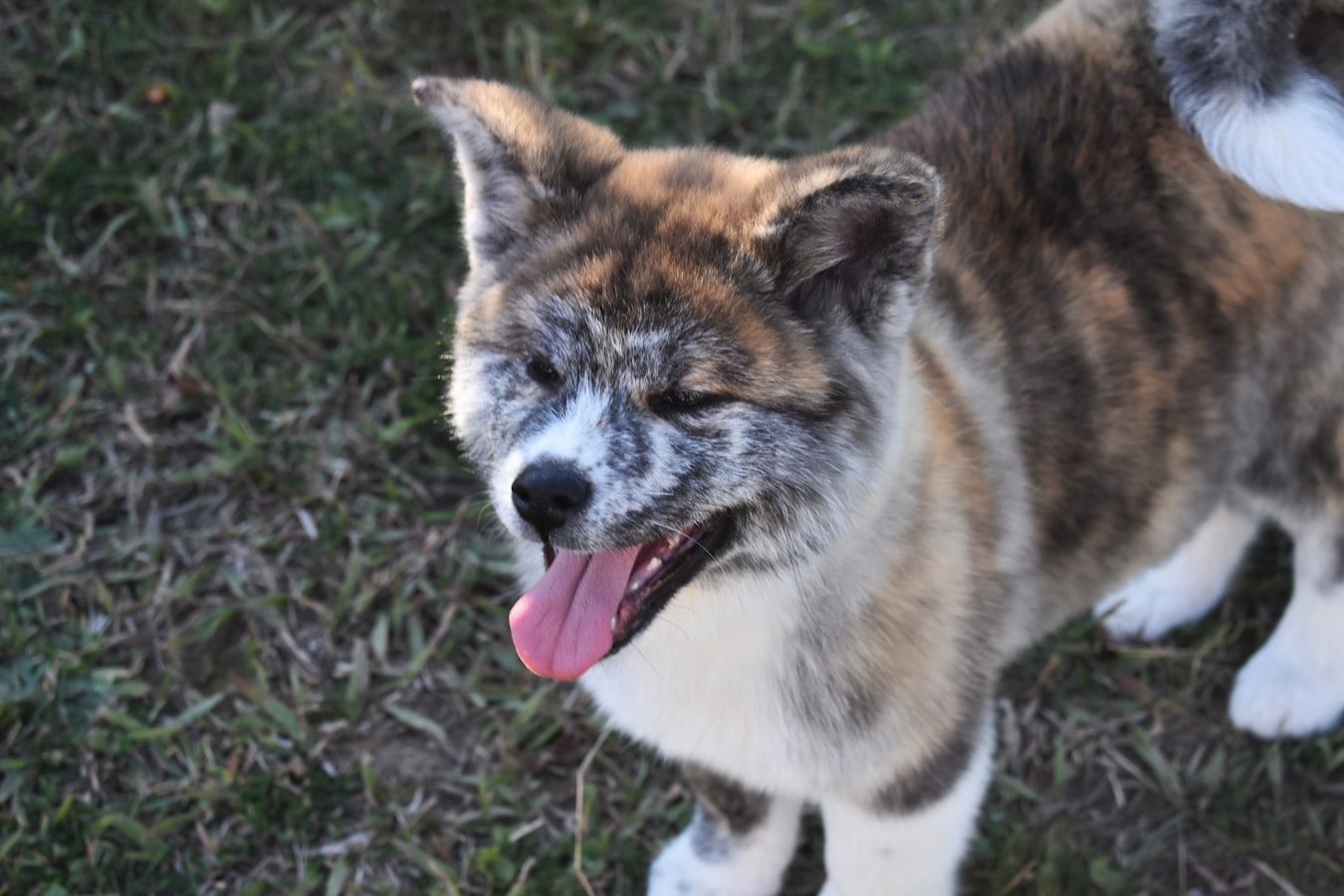Protective Dog Breeds
Friday, March 13, 2020 14:19:00 PM America/Los_Angeles
If you're looking for a guard dog, you shouldn’t settle for any breed. While some dogs are good at guarding, others are excellent at protecting your home and loved ones. Just like human beings whose personalities vary, certain dog breeds tend to be more protective than others. In this blog post, we'll shed light on some of the most protective dog breeds.
Bullmastiff
This breed is quite formidable to look at. They are brave, dependable, and obedient. Though generally quiet, they are a guardian breed that is extremely protective of its family. They are friendly with children and easy to introduce to strangers.

Photo by Vanessa Serpas

German Shepherd
This breed is fiercely loyal and will stop at nothing to defend and protect what it holds dear. German shepherds are also deeply compassionate which explains why they are the go-to option for the blind or people with disabilities. Due to their loving nature, families with small children need not worry about introducing this dog into the family. They adapt easily and therefore, do not need early socialization.
Photo by Cheryl Cox on Unsplash
Rottweiler
The first impression of a rottweiler might lead you to conclude that he is aloof. On the contrary, this is an affectionate, loyal, confident, and brave breed that takes pride in protecting its family. Socialize them earlier on and maintain constant control to avoid aggressive behavior.

Photo by Pope Moysuh

Akita
Do not be deceived by the dignified and quiet characteristics of the Akita. Indeed, first-time dog owners might find this breed a little too complex to handle. They are strong-willed and assertive and are quite a challenge to train. They are reserved around strangers and should be socialized at an early age. They can be aggressive towards other dogs and pets, such as cats.
Photo by unscriptedMe
Doberman Pinscher
This is one of the most common breeds due to their loyalty making them good guard dogs. A doberman is friendly and stable until you threaten his family. As one of the smartest of dog breeds, you need to provide him with plenty of avenues to let out his intelligence. Lots of exercises and consistent training will not only enable your doberman to protect your family, but also anticipate threats and dangers. However, be careful not to confuse aggression for protection.

Photo by Jordan Whitt
Can dogs be too protective?
Does your dog scare off people with snarls or bark every time you take him for a walk? Does your regular postman dread coming to your house because of the fierce nature of your dog? While this protective nature is handy in times where your safety is threatened, overprotectiveness could prevent you from being able to socialize with friends and family. If your dog shows signs of stress every time a person comes near you, growls when they come too close, or is placing itself between you and other people, these may be early signs of an overprotective dog.
How to prevent aggression vs protection
- A dog will mostly mirror your behavior by picking up on your emotions. If he senses that you cringe around strangers (it could be about how he will react), his protective nature kicks in, and he may become aggressive. Be calm, assertive, and keep your emotions in control.
- Do not allow your dog to become too attached to you by spending every waking moment with him. Let him get used to being by himself and spending time with the other people close to you. Investing in an indoor dog potty will help you feel comfortable about leaving your dog in the house for a few hours.
- Socializing your dog from an early age will prevent him from becoming overprotective once he’s older, even if he's one of the most protective dog breeds. Should you buy an older dog and notice that he’s not well socialized, consult a professional on how best to safely socialize him.
- Take your dog through obedience training either at home or by attending classes. Teaching good guard dogs to ‘sit’, ‘roll over’, as well as potty training commands shows him that you are the leader. In effect, your chances of retaining control should he become overprotective are greater.
Occasional behavioral issues and overprotectiveness in some of these most protective dog breeds could be due to lack of enough mental and physical stimulation. Ensure that you exercise your canine friend and keep his mind busy. Also be sure that your dog is always comfortable and doesn't have any unnecessary stressors. Having an indoor dog potty, such as Bark Potty in your home will give your dog the piece of mind. He will know that he can relieve himself whenever he needs to without having to worry whether you're too busy to let him out or if you're not home to do so.